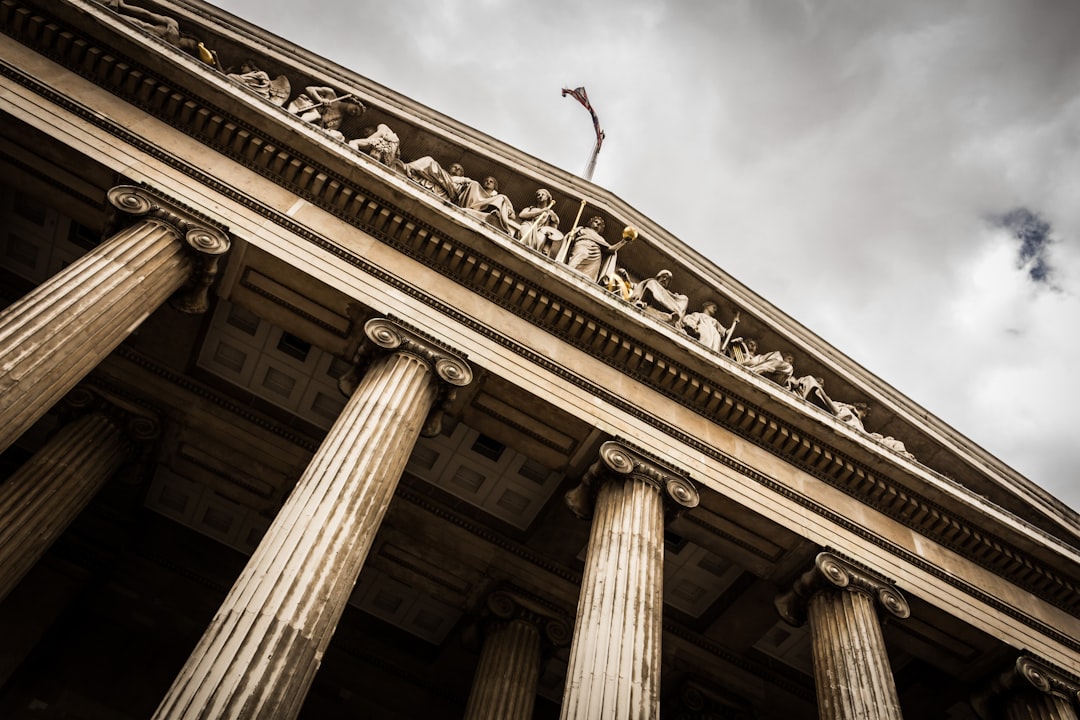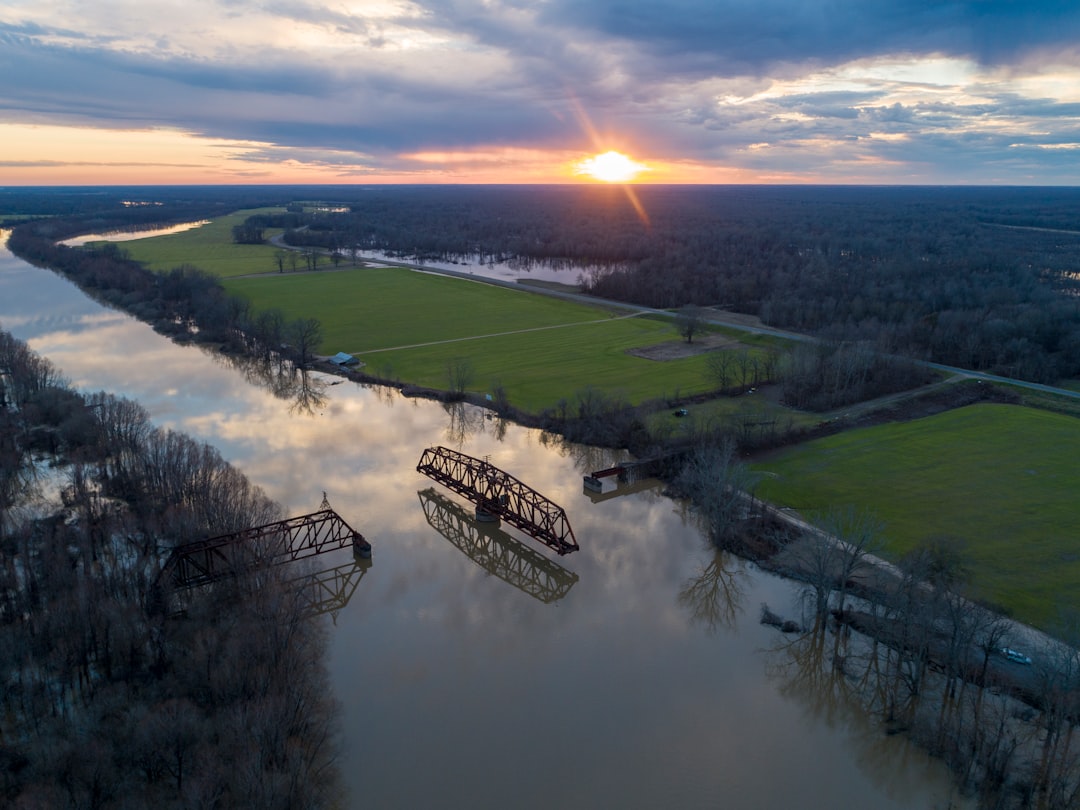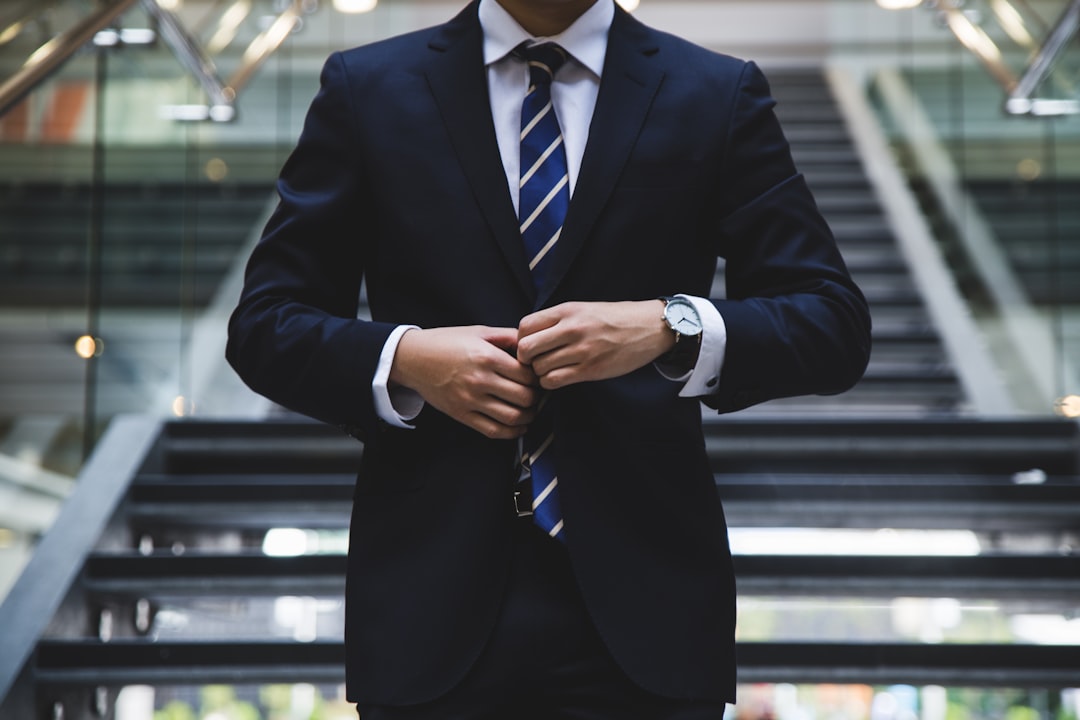In Columbus, Ohio's diverse communities, cultural barriers prevent reporting of school abuse due to language issues, fear of deportation, and cultural norms prioritizing family privacy over individual safety. These challenges can be overcome through culturally sensitive approaches, community leader engagement, tailored support services, professional translators, multilingual hotlines, and the involvement of school abuse lawyers Mississippi. Engaging local leaders and providing legal aid helps break down these barriers, creating a safe environment for victims to come forward and seek justice.
“In Columbus, diverse communities present unique challenges when addressing issues of abuse reporting. This article explores cultural barriers that prevent survivors from coming forward, focusing on language, communication, and religious/social norms. We delve into how these factors impact reporting rates across different segments of the city’s population. Furthermore, it highlights effective strategies to overcome these hurdles, including the crucial role of community leaders and legal support from experienced school abuse lawyers in Mississippi.”
Understanding Cultural Barriers: A Deep Dive into Diverse Communities in Columbus

In Columbus, Ohio, cultural barriers often obscure the reporting of abuse, especially in diverse communities. A deep dive into these communities reveals a complex web of language, customs, and trust that can impede the disclosure of traumatic experiences, including school abuse. For instance, immigrant populations may face challenges due to a lack of proficiency in English or fear of deportation, making it difficult to access resources and legal aid, such as those provided by Mississippi-based school abuse lawyers.
Cultural norms also play a significant role. Some communities prioritize family honor and privacy above individual safety, discouraging victims from speaking out. Others may rely on traditional healing practices rather than formal legal systems. Understanding these nuances is crucial in developing strategies to overcome barriers. By employing culturally sensitive approaches, engaging community leaders, and offering tailored support services, Columbus can create an environment where victims feel safe and empowered to report abuse without hesitation.
The Impact of Language and Communication on Reporting Abuse

In diverse communities, language and communication play a significant role in shaping individuals’ experiences and perceptions of abuse, often impacting their willingness to report such incidents. The barrier of language can deter victims from seeking help, as they may feel uncomfortable or unsure about how to convey their situation effectively, especially when there is a cultural difference between them and the authority figures they trust. For instance, in Mississippi, where there are significant immigrant populations, school abuse lawyers often encounter challenges when dealing with cases involving non-native English speakers. These individuals might struggle to describe abusive situations accurately due to language limitations, leading to underreporting or delayed intervention.
Effective communication is crucial for building trust and encouraging victims to come forward. Professional translators or interpreters can facilitate conversations between victims and support services, ensuring that every word is understood clearly. Moreover, utilizing accessible resources such as multilingual hotlines or community-based organizations dedicated to supporting survivors of abuse can make a significant difference in overcoming language barriers. By addressing these communication challenges, especially in communities with diverse linguistic backgrounds like Columbus, it becomes possible to create an environment where victims feel empowered to speak up and report school or other forms of abuse without hesitation.
Religious and Social Norms: Their Role in Silencing Survivors

In many diverse communities, including Columbus, religious and social norms deeply influence survivors’ decisions to report abuse. Some cultures emphasize family honor and privacy above individual safety, leading survivors to fear stigma or retaliation if they speak out against family members or close community figures. These norms can create a culture of silence where abuse is normalized and kept hidden. For instance, in certain communities, discussions around sexual assault or domestic violence may be considered taboo, preventing victims from seeking help due to the fear of ostracization or cultural shame.
Moreover, the presence of school abuse lawyers Mississippi can play a crucial role in navigating these barriers. These legal professionals not only provide a safe space for survivors to share their stories but also educate communities about their rights and available resources. By fostering an environment where reporting abuse is normalized and supported, school abuse lawyers can help break down cultural barriers that have long silenced survivors, ensuring justice and healing for all victims.
Strategies to Overcome Barriers: Engaging Community Leaders and Legal Support from School Abuse Lawyers Mississippi

Overcoming cultural barriers to reporting abuse requires a strategic, community-driven approach. Engaging respected community leaders can be an effective way to foster trust and encourage victims to come forward. These leaders can act as intermediaries, explaining the reporting process in a culturally sensitive manner and addressing any concerns or misconceptions within their communities. In many diverse Columbus communities, having local support from individuals who understand the cultural nuances is invaluable.
Legal support plays a crucial role too, especially when it comes to school abuse cases. School abuse lawyers Mississippi offer specialized knowledge and resources tailored to navigating complex legal systems. They can provide guidance on reporting procedures, privacy laws, and potential legal avenues for victims, ensuring that their rights are protected. This professional assistance removes another barrier, encouraging victims to pursue justice without the added worry of legal complexities.





